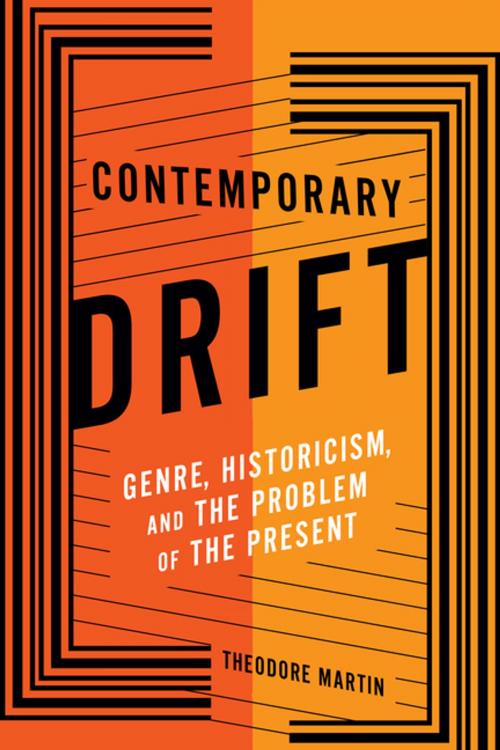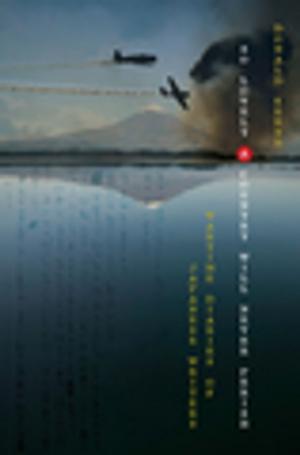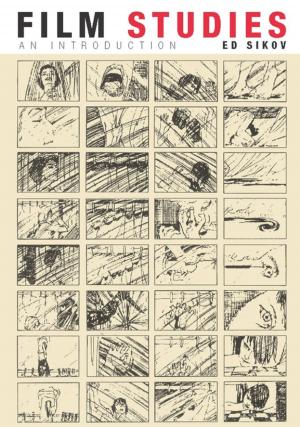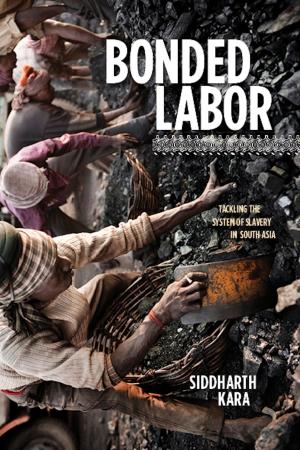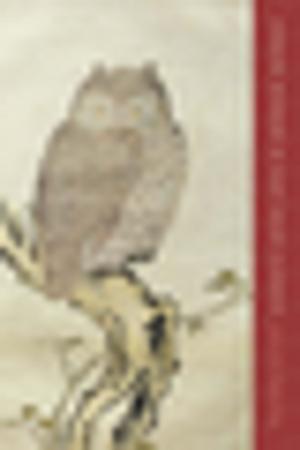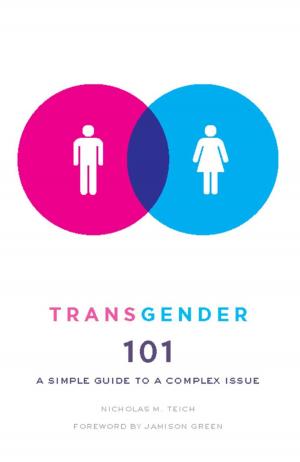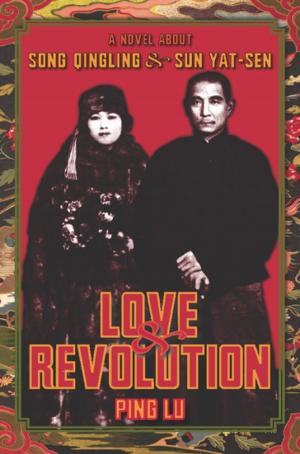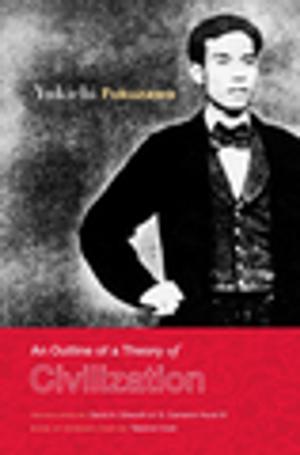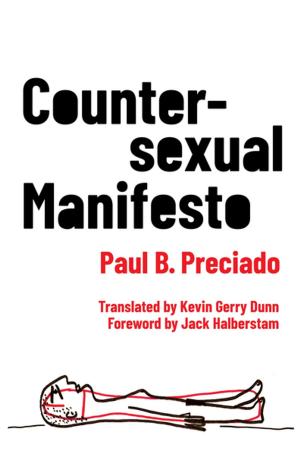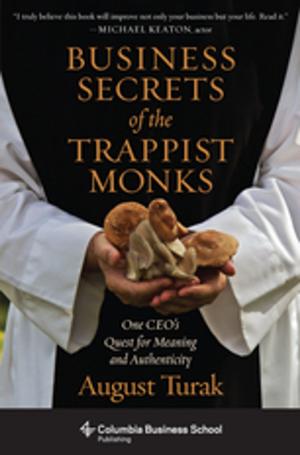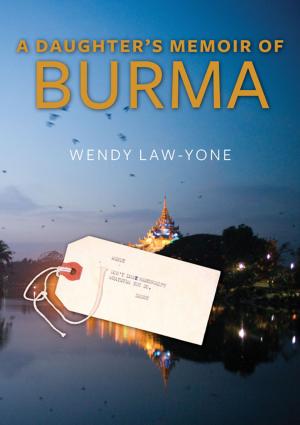Contemporary Drift
Genre, Historicism, and the Problem of the Present
Fiction & Literature, Literary Theory & Criticism, American, Nonfiction, Entertainment, Film, History & Criticism, Performing Arts| Author: | Theodore Martin | ISBN: | 9780231543897 |
| Publisher: | Columbia University Press | Publication: | May 30, 2017 |
| Imprint: | Columbia University Press | Language: | English |
| Author: | Theodore Martin |
| ISBN: | 9780231543897 |
| Publisher: | Columbia University Press |
| Publication: | May 30, 2017 |
| Imprint: | Columbia University Press |
| Language: | English |
What does it mean to call something “contemporary”? More than simply denoting what’s new, it speaks to how we come to know the present we’re living in and how we develop a shared story about it. The story of trying to understand the present is an integral, yet often unnoticed, part of the literature and film of our moment. In Contemporary Drift, Theodore Martin argues that the contemporary is not just a historical period but also a conceptual problem, and he claims that contemporary genre fiction offers a much-needed resource for resolving that problem.
Contemporary Drift combines a theoretical focus on the challenge of conceptualizing the present with a historical account of contemporary literature and film. Emphasizing both the difficulty and the necessity of historicizing the contemporary, the book explores how recent works of fiction depict life in an age of global capitalism, postindustrialism, and climate change. Through new histories of the novel of manners, film noir, the Western, detective fiction, and the postapocalyptic novel, Martin shows how the problem of the contemporary preoccupies a wide range of novelists and filmmakers, including Zadie Smith, Colson Whitehead, Vikram Chandra, China Miéville, Kelly Reichardt, and the Coen brothers. Martin argues that genre provides these artists with a formal strategy for understanding both the content and the concept of the contemporary. Genre writing, with its mix of old and new, brings to light the complicated process by which we make sense of our present and determine what belongs to our time.
What does it mean to call something “contemporary”? More than simply denoting what’s new, it speaks to how we come to know the present we’re living in and how we develop a shared story about it. The story of trying to understand the present is an integral, yet often unnoticed, part of the literature and film of our moment. In Contemporary Drift, Theodore Martin argues that the contemporary is not just a historical period but also a conceptual problem, and he claims that contemporary genre fiction offers a much-needed resource for resolving that problem.
Contemporary Drift combines a theoretical focus on the challenge of conceptualizing the present with a historical account of contemporary literature and film. Emphasizing both the difficulty and the necessity of historicizing the contemporary, the book explores how recent works of fiction depict life in an age of global capitalism, postindustrialism, and climate change. Through new histories of the novel of manners, film noir, the Western, detective fiction, and the postapocalyptic novel, Martin shows how the problem of the contemporary preoccupies a wide range of novelists and filmmakers, including Zadie Smith, Colson Whitehead, Vikram Chandra, China Miéville, Kelly Reichardt, and the Coen brothers. Martin argues that genre provides these artists with a formal strategy for understanding both the content and the concept of the contemporary. Genre writing, with its mix of old and new, brings to light the complicated process by which we make sense of our present and determine what belongs to our time.
